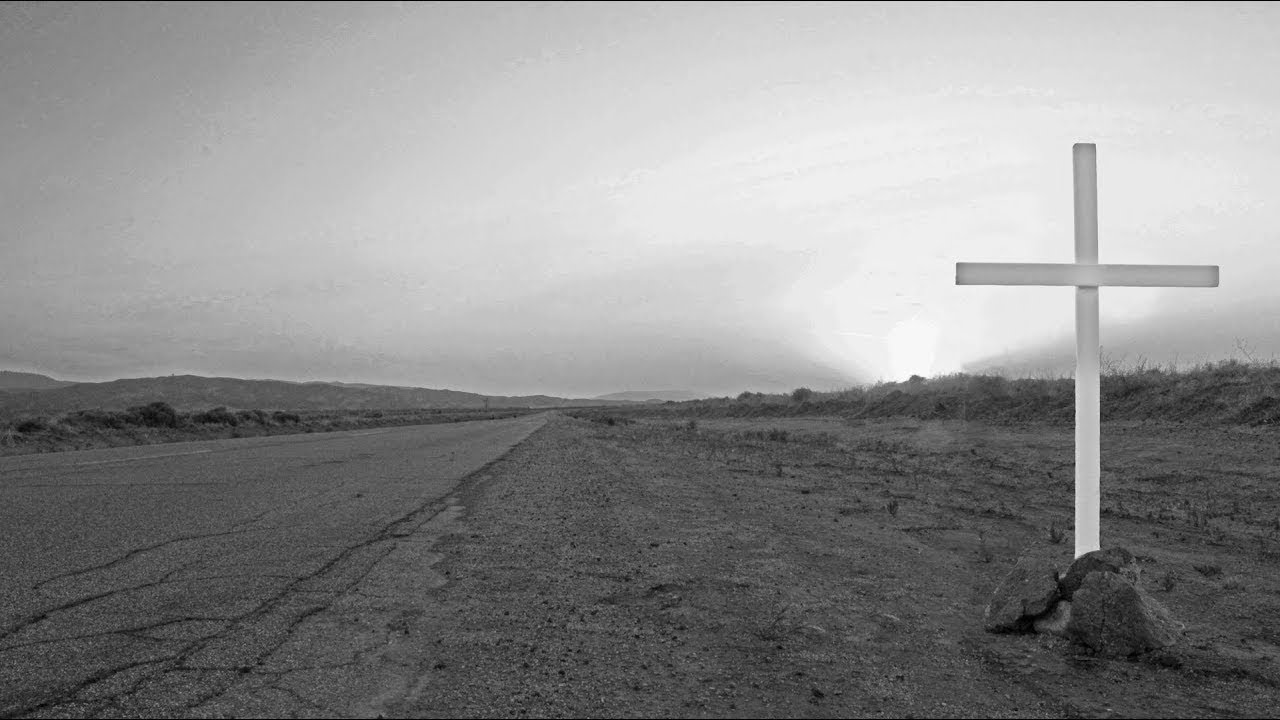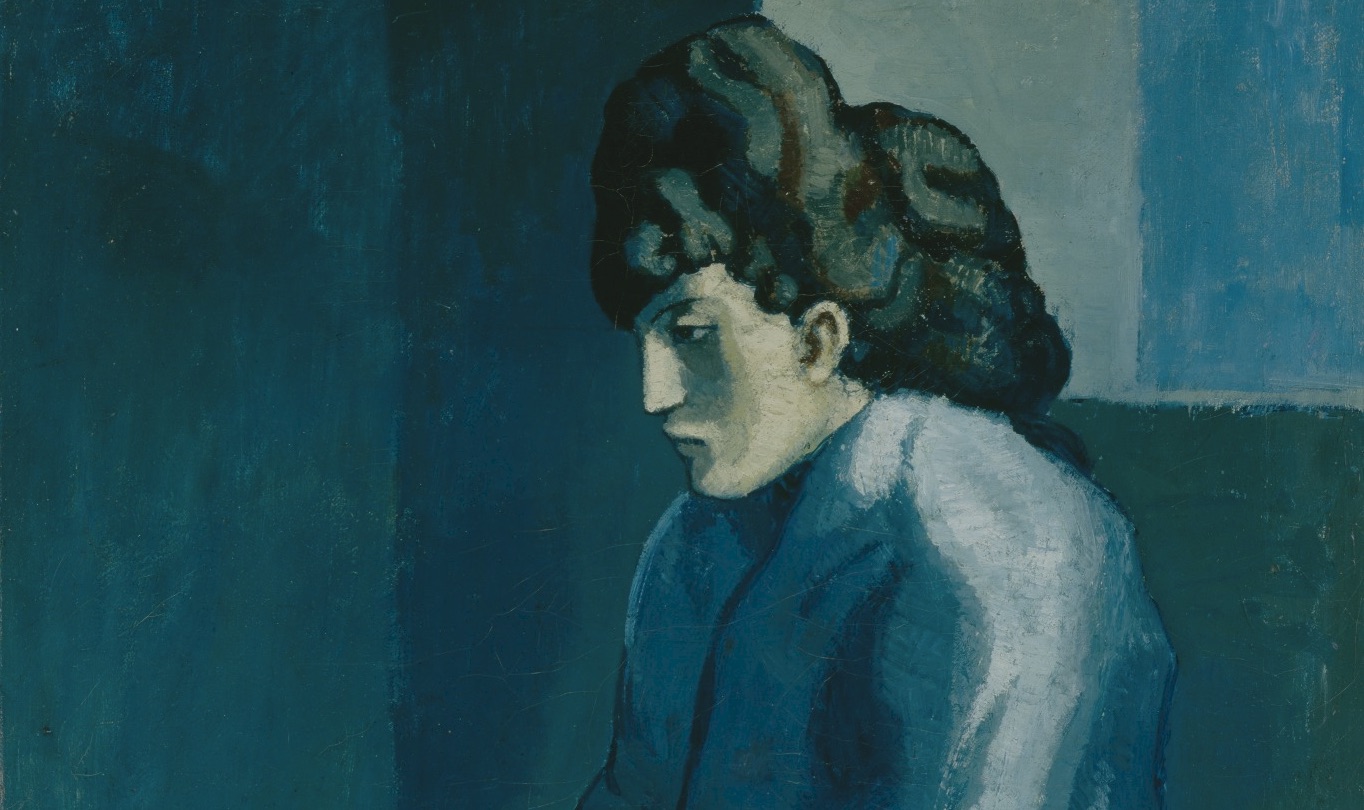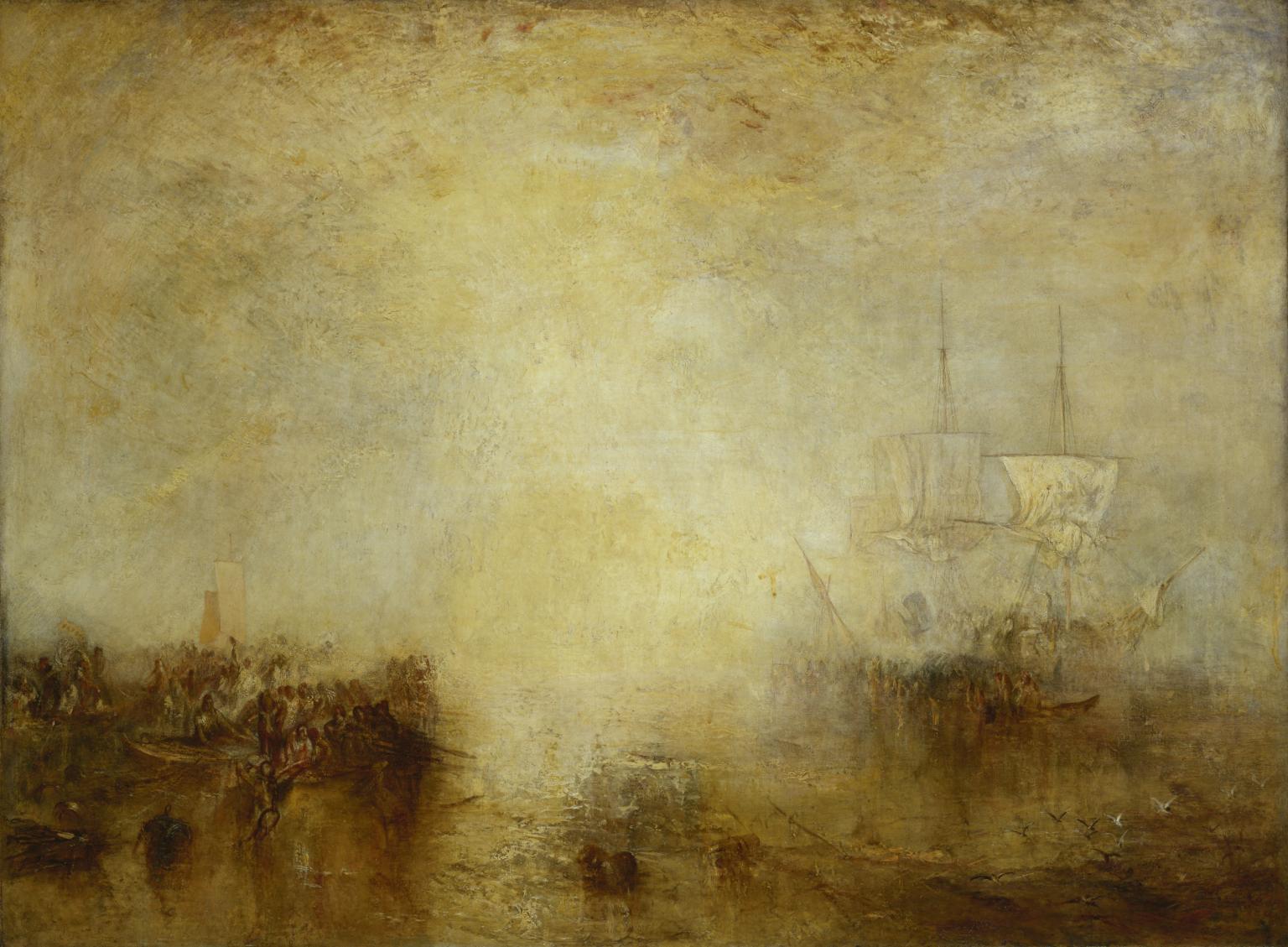
Dry
“the dryness of his last years, which he so regretted.”
—Anthony Thwaite on Philip Larkin
Women go dry; men can’t get it up,
the spirit willing but the flesh too weak.
Their bodies differ, yet in poetry
there’s neither male nor female, Jew nor Greek.
Poets who have dried up see themselves
as empty-headed fools, figures of fun,
or pitiful hermaphrodites in whom
sterility and impotence are one.
Recognition of this altered state
comes slowly. Has our passion left us flat?
No messenger from Eros or the Muse
will tell us that the last time was just that.
Recent photos show us double-chinned
and slack, or pinched and rawboned, stooped with age.
Time at the desk yields only fits and starts
or else the pathos of an empty page.
Inevitably, memory recalls
the time before our gift began to wane.
The pool was overflowing and the act
no sooner finished than begun again.
Wisdom is the trade-off, so we like
to tell ourselves, for youth’s exuberance,
a wry corrective to those heady years
we thought ourselves the Muse’s fancy pants.
But wisdom brings the knowledge that we fail
so often, and it dogs us as we weigh
the latest effort, fearing to discover
that hours of work have ended in cliché.
A stately silence seems more dignified.
Better forget the poems we have penned
than toss another book onto that pile
of which, the Preacher says, there is no end.
Congealing from the leavings of self-doubt,
what surfaced as a vague disquiet hardens
into a certitude the wisest course
may simply be to cultivate our gardens.
And yet the only garden that we want
grew long ago. Desires wandered loose
as sporting panthers. Love rolled on its back,
while fruit splitting from ripeness dripped its juice,
and we were up for everything. Human,
we shared creation’s work. Each animal
came frisking to us, yearning for the name
that we alone could give. The act was all.
Then something happened, and we found ourselves
exiles in a dusty land with but
our hunger and the memory of a scent
that lingered outside after the gate was shut.
Crosses
After the bloodstained wrecks are towed away,
reports are filed, and funerals are held,
we sometimes see, like mushrooms after rain,
these humble roadside crosses springing up
amid the shards of glass and mangled bolts,
white-painted crossbars trussed or tacked together
and garlanded with artificial flowers.
Sometimes a name is daubed across the arms.
More often the dead remain anonymous,
and even with a name, how could we know
the truth of the one who died here, if he was
a faithful husband, loving father of three,
en route from a demanding late-shift job,
who skidded on an icy patch of road,
or the scapegrace sort with a suspended license
who called a boozy See-ya! to his pals
as the tavern closed and, staggering to his car,
went barreling off, his radio blaring, only
to miss a hairpin turn two miles away?
Irrelevant, to guess at saint or rascal—
somebody loved the dead enough to hazard
stopping on the highway’s narrow shoulder
and getting out to plant this small remembrance,
sometimes at serious peril. Near Fahnestock
on the Taconic Parkway, a white cross stands,
well up the rock face into which the driver
must have hurtled headlong. At what risk
did the person who installed it scale the slope,
chancing a fall as cars went whizzing by,
to wedge the cross securely in its crack?
Was he impelled by sentimental feelings
or haunted by the guilt of angry words
that sent the driver out into the dark
to death by accident or suicide?
Unauthorized, untended, they remain,
year after year, as no officious trooper
pulls them up. The orange-vested roadcrews
likewise mow around them as wildflowers
draw near to blend with faded plastic blooms.
Their white paint peels and weathers while the facts
that they denote lie elsewhere, weighted down
with granite headstones which, we surely know,
will long outlast these fragile sticks. And yet
as visits from bereaved survivors dwindle
to once or twice a year, and then to never,
headstones, unread by grieving eyes, become
anonymous as tree bark while these crosses
flicker in the memories of those
who pass them daily, modest evidence
of love and loss. And, finally, just love.

